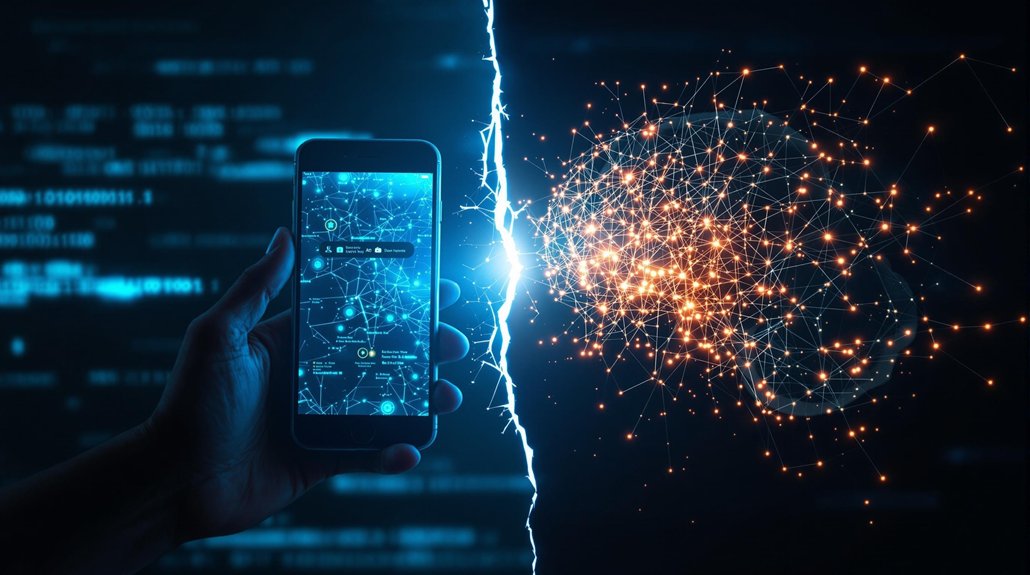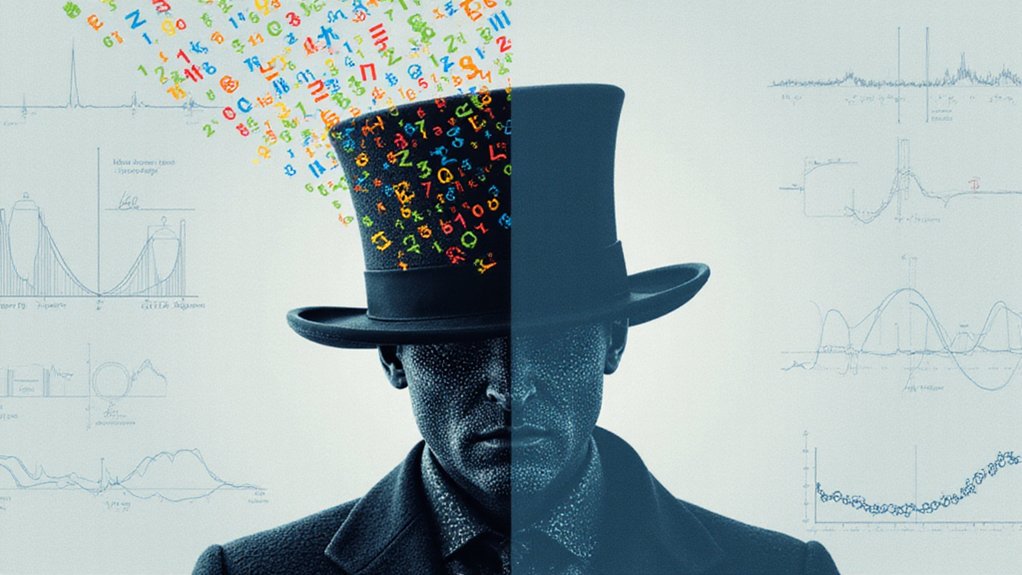AI profiling in dating apps has become widespread but controversial. While 32% of users report better matches through AI tools, serious privacy concerns exist. Dating platforms now use natural language processing and facial recognition without full transparency. Many users can’t identify AI-generated content, with 62% unable to spot fake profiles. The secret psychological profiling of dates raises ethical questions about consent and data protection. The balance between innovation and privacy remains a complex issue.
As technology continues to shape modern romance, AI profiling has emerged as a powerful force in the online dating world. Dating apps now use complex systems to analyze users in ways many people don’t realize. These tools examine messages with natural language processing, predict compatibility through machine learning, and even assess attractiveness with facial recognition.
Recent surveys show that AI has already made its way into many people’s dating lives. About 6% of singles have used AI for online dating. More specifically, 43% have used AI to write their dating profiles, while 37% have used it for crafting first messages. About 32% of AI users report that these tools have improved match quality and speed. Major platforms like Tinder and Hinge are adding more AI features, including chatbots that can interact with users.
These technologies offer several benefits. They can improve match quality, save time in the search for partners, and provide personalized dating advice. For people with social anxiety, AI tools can make online dating less stressful by helping them create better profiles and start conversations. Women and younger users may face greater displacement risks as AI continues to automate aspects of digital social interaction.
However, serious concerns exist about this invisible profiling. Users face risks of data breaches and privacy violations. The algorithms may reinforce stereotypes and create unfair advantages for certain groups. Many platforms don’t clearly explain how they make matching decisions or when AI is involved. This lack of transparency about AI’s role in user interactions may violate GDPR requirements regarding clear consent for data processing.
Trust issues are growing too. Research shows that 62% of people in one study couldn’t identify AI-generated profiles. Only 10% of women believe AI leads to successful relationships. Half of all users think dating apps have too many chatbots to be reliable.
The legal landscape is still catching up. Questions about GDPR compliance, proper consent, and discrimination remain unresolved. Many experts are calling for stronger oversight of AI in dating apps.
Looking forward, the technology will only become more advanced. Virtual reality dating, AI relationship counseling, and emotion recognition are all in development. As these tools reshape romance, users, companies, and regulators must balance innovation with protection of privacy and authentic human connection.









